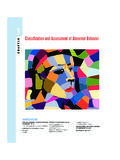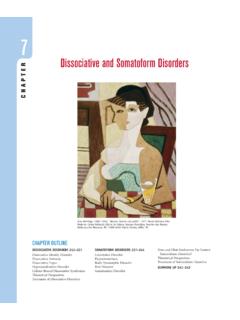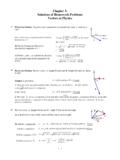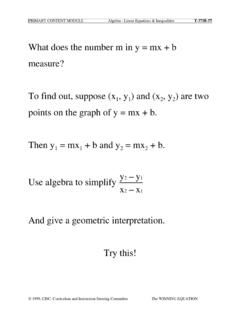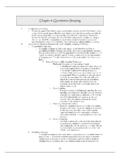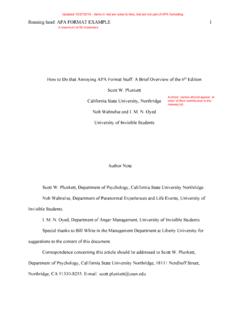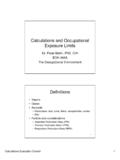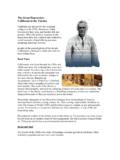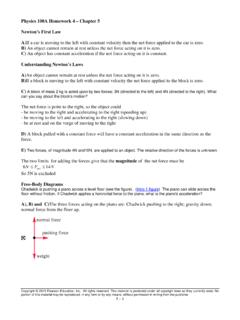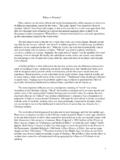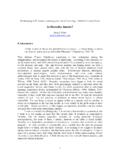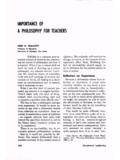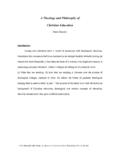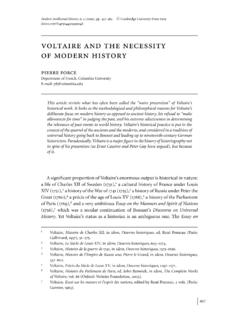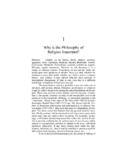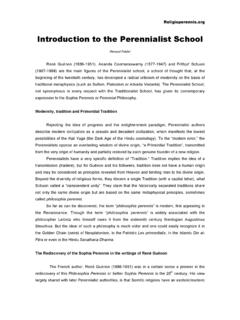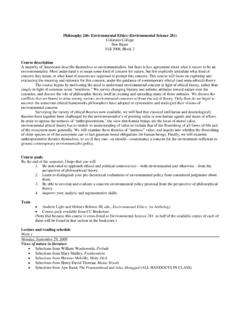Transcription of Modern Social Theory - California State University, …
1 Modern Social Theory An Introduction Edited by Austin Harrington OXFORD VNTVBRSTTY PRESS Intrc -'--don. What is Social Theory ? Austin Harn'ngton fOClCS DISCUSSED IN THIS INTIIODUCTION The rn~anirlg d 'the6y' ~andsaialsdenoe Mehddmedroddogyinsodalmeatch faid thea~yand'rommonse~e* 'Fads', '-,, 4 'W ~thewyandather~afthewy ~*~poMkalthcory ~W~psydsloglr Wtheayandthc~ Condusibn QUESflOllS FOR DIXWYOII GUrtIUl IWllnlR REAllnG Ik MCIA~THEORV SOURCES HUTHE PUBLIC MEMA WB5 IES bdal Wry can be defined as the study of sdenWc ways ofthinldng about sodal Uk. It -- aKompasses ideas about how societies change and develop, abut methods of explain- 9 Social behavlour, about power and sod structure, class, gender andethnldty. modernity and 'dvlliratlon', revolutl~and utopias, and numerous other concepts and probierns in soda1 life. This Introduction addresses some of the leadhg questlorn t?lat &se when we start to think about the very idea of a 'science of society'. We begin by &cussing the meaning of the word 'theow and its oarlow implications for 'method' md 'methodology' in Social research.
2 We also consider questions about the relationship d sdd Theory to 'common sense', about the roIe of 'facts', 'values', and 'obfectivlty' In JociaI research, and about the relation of sociology to other disdplines of the sodal sciencesand the humanities such as political Theory , psychology, anthropology, Mstory, .Dd philosophy. The meaning of ' Theory ' As a term of art, kocial Theory ' is a distinctly recent Invention. No such term exists In English or in any other language before the twentieth centuryI and even io the twentieth century it is not common before about the 1940s. Auguste *Comte coined the term sucioI0- gie in France in the 1840s, but 'sociology' too did not gain widespread currency as a term uatll after 1900. However, the two separate words 'socfal* and ' Theory ' are very ancient in origin. An initial lookat theix etymologies willglw us somedues to theirmeanlag as a con- iolned pair. Our words 'sodal* and 'society' derlve horn the Latin words sodus and sodeta.
3 For Romans, a sociw %a member of aadinj? partnership. Asocius was a merchant coomt- tnn with other merchants as a oartner, fellow, or 'associatet. A partnership or 'association' between merchants was a sock&, which is the orinin of our modem Ush word 'com- pany' or 'bushes finn', as well as our keyword society, The commercial meaainqaf soc+dmc is directIy preservedin other modem European Ianpages such as in the French and It2 his sens w - .. - .. - ._ .. heancic . G - ~eant 'contem~lation'. In thewritings of the philosopher Motle, &&a referred to contemplation of the cosmos. It contrasted withepm&, from which our word 'pra&eJ derives. Praxis for the Greeks referred to human -'way of acttng and conducting their lives on this earth, in the Immediate everyday wodd. Clearly* this ancient Greek under- standing of Ma differs horn most common uses of the word ' Theory ' today. The Greek word thearla had g different set of connotations from emodern linkages of Theory with 'scientific construction'.
4 My we tend to think of 'a theoryr as belna a 'scientific con- struct' or a 'scientific model'. In contrast. th- for the Greeks did not itself mean science. -- Rather, it meant rePection on science: reff ection on the value of saence, as one mode of con- tem~latin~ thecosmos amongothers-alongside art, myth, reliRfon. and the most general discipline of thinkinp; that the Greeks called 'philoso~hy~, or -of wisdom'. The ancient Greek meaning of Mria might not seem partiadd9 relevant to us io the present day. It might seem to reinforce the rather widespread view that Theory lacks rel- wan= to daily lie. Yet this wouldbe to fail to appreciatethe significance of theidea. 7?wiW for the Greeks was an indispensable aid to maicing sense of their lives in the ordinary world of sodety, in the world of the 'city' or what they dled thepolis, born which our word 'pol- itics' derives. Theybeueved that people who did not pause to engage in contemplation and reflection had no pointsof orientation for conductinn theirks in vractice, in the political world of actions and Interacttons with other people.
5 Thus &&ria for the Greeks remained indispensable to everyone who sought wisdom, happiness, and the good Me in the realm ofpFaxfs* - It can be said that a renrrrent tendency af Modern has been for Theory to be equated with scientific knowledge per se and to dE! tation of critical reflective questioning about the and mednx of science-in the context of politics. in thc contc,anf~modes of understandlQ&bnd inthe context of theAnitude and mortalitv of hm The neglect of thetiria in Modern times was a partimlarIy important concern for the Jewish-C;erman philosopher Edmund *Husserl, founder of the mwernent of philosophical t houghr known as *p!rmomenoEop. Writing in the 1930s, Husserl armed that unless the scicnces mtl~ted their sources of origination and mean- ln~ for evervdav life, in the "lifeworld' as hecalld it, they would be doomed to extinction t Husscrl 19361. Either the sciences would become wholly abqorbed into the production of technnlogies of mastery over nature or they would dissolve in a wave of revolt against all tattonal thin king totdt roftrt.
6 Unfortunately, the rise of fascism and militarism in Europe in rhe 1930s and 1940s confImed Hussert's fears, and the only remaining role for science in European society in this period remained as an instrument in the production ol machines of war and persecution, In a similar spirit, the Jewish-German Cmlgre philosopher Hannah "Arendt argued that Theory In the Modern age comes to be Inaeasinglv suhrdfnated to the search for techno- lofiical mntrol over physical and Social lifc (Arendt 1958). Writing in the 19505, Arendt suggested that where the original virn confmplativn or "contemplative life'oof the ancient Grreks had been intimately hnund up with what the Greeks saw as the vita actiw or 'active life' of public palitical participation, the 'actlve lifekf the Modern age no longer has the sense of practice and deliberation informed by contemplative reflection, Instead. Modern consciousness the w& becomes inmasinpllv oriented to wo! and evltv, -. where science scrves the develoament of technotop and where tkq~d~Mandso~hv scrve at mast as 'handmaidens' to science.
7 In contrast, Arendt wanted to see a world in which th~ory and philosophy not only assist science but also remind sdence Q its moral and nolittcal reswnsibilities. in the face of the fraatliy of the earth's resources and the mortality of human lift, Science and Social science This ancient context of theilria suggests clrles for ways of thinking about the relationship of soclal Theory to science todav. li sndal- &the of tthinkmg about society scientifically, we can also sav that it S a way of thlnlunpout .. how Zar it is possible studv m-1~. We can sav that? is a thinking about what science and bei in^ 5scl~ntifichean with respect to the Social world, 'The ward '~iencc' in English has close connections with the natural sciences and is often used synonymously with them. HDW~MI, the natural sciences are not theonlv disciplines of human enquirywith a claim to the title of science. -aPeneraI to .. ismag&amcthod~methodstod~~~ consistently and tranrparently.
8 Usuallv it involves an effort to -h 5v~tematic;lllv between tv .. ofthewrsonobserpingthem - whatwecall dak I or 'cvidcncel--qad deamnrc-d by the-asadprder- in this general sense, it is clear t hat physics, chemistry, or biolop are not the only subjects of enquiry with a claim to the title of king sciences. Other sub@ctsofstudp, such ashistory, archaeolo~, or an criticism, can aIsa be sciences. In French, the subject5 known in English as the 'humanities' are called Ies sciences Aumnines, while in German the humanities are known as the *Gpistenvissmd~ofim-'sciences of the mlnd', or "sciences of thc works of the human mind'. The particular association between scienceand natural science in English reflccls a series oldeveloprnents in ea~lp Modern European history in which a number of precedents were set by the emergence of physics and astronomy in the seventeenth centurv and the emer- gence of chemistry and biolo~y in the eighteenth and nineteenth centuries.
9 From around LkkAghteiehteentYlry. a variety of atternpfi were made toe thc a- d d~ riuplinscrenceswith dewml devotfd id,~ - humansocial~Tlier;e ~ncluded economics, phiiolugy and linwistics, history and art history, and notably 'sociology'. iL!&ashdh&LlW& W-P~ were Q& ~CP? if thy copied o~-& to Auguste *Comte, who 1s thc originator both of our word 'sociology' and of the concept of *'positive science' or 'positivism, nnlv one fumhmtal princu &science and all pa~cular sciences had to be unified undcr this principle. I liis principle was set by the science of physics, which Comtc believed to proceed by QUE hvanv~conctrnrionsf t- Vhtually ali Social theorists and philo~ophers reject this nineteenth-century positlvist conceptJon of science todav. Almnrtmlav a sanMLkhP~~ h~fml nf nfhpnal sri~lvund-- .. whm whichn~ humanities and the Social sciences-dy i ~f 5. andb Fnclalhphnvinllrantlin-dwa-h as kxh aed These embodied meanings, wlucs, intentions, beliefs, and idcas - 2awu%.
10 Are @rrs nf rnrlt~Kt~ of rntmhnnal .. mu am^ Therefore cannat he .. pf rermlar--- YLulhpflnhvsrcalelemcntsarerrcatcdd Although natural scicntistsalsu, up to a point, deal ~71th symhol~c conwithtructs that require *Anterprctivc skills of variou~ kinds, udaiktk '"chPmi~~ fpp .. " ..a .. nf m=xiwinidwinlhlPa&ra~ m- p- This question of differences between the human sciences and the natunl sciences raises a more general question about the role of what is called 'method' and 'methodology' in Social research. It is to this that we nw turn. Method and methodology in Social research Tab 'mghadrcal 1s ta . I. kNctrmatlriaanlrt*tlitnffiw- mPt to use mmeoarticular twhniaue or techniques in bvsnme- Lhh& In Social science we speak of 'quatitativc methods', such as a programme of inter- views, and of 'quantitative methods', such as the use of ~ mfPllflwa- .. &&of fma topic of study. Methodology thus refers to a theoretical principle or principles governing he application of a set of methods.
